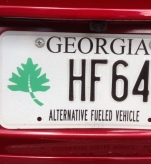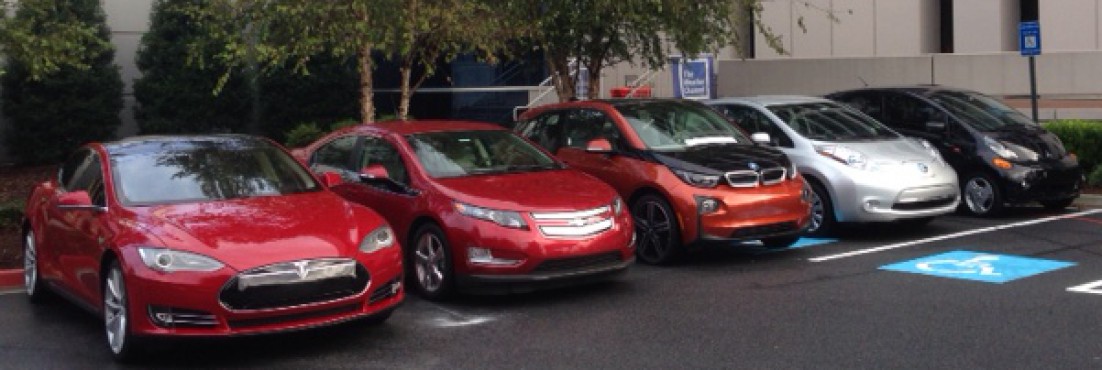Georgia Legislature Retains Status Quo in 2017 General Assembly Session
As the 2017 Georgia General Assembly 40-day legislative session wraps up, electric vehicle drivers continue to be saddled with the highest road use fees in the US ($204.50 in 2017) and future drivers will see no incentives to adopt electric vehicles as measures to advance both a reduction in the fees and add an incentive failed to gain support within the Georgia Legislature.
Futher the bill to simply clarify that commercial and retail businesses could qualify for up to $2,500 state tax credit for charging station installation also failed to advance for the third session in a row . . . a tax credit that is still on the books and can only be claimed by Southern Company’s Georgia Power, which to their credit, was likely used to help finance the 36 community charging islands installed by Georgia Power over the past two years.
So what does this mean for Georgia and EV Drivers?
The State of Georgia has rapidly solidified its reputation for being the most-EV unfriendly state in the US, which is having a significant impact on Electric vehicle purchases which have stalled at 2015 levels. A state fleet of 25,000 plug-ins represents a mix of low priced used Nissan LEAFs and growth from Tesla models off-setting the precipitious decline in new plug-in electric vehicle sales from Chevrolet, BMW, Ford, KIA, and Nissan.
It has been rumored that Volkswagen of America’s Electrify America business unit, which is charged with dispensing up to $4.7 Billion in ‘diesel-gate’ remediation funds, rejected the City of Atlanta’s funding petition due to the State of Georgia demonstrating its ‘anti EV’ stance through repealing the ZEV/LEV income tax credit and imposing the $200.00 annual road use fee. Likely the City of Atlanta lost out on several million dollars worth of EV charging infrastructure due to the decisions of the Georgia General Assembly.
If there is a silver lining, the small but growing number of EV owners in the Georgia General Assembly are ‘feeling the pain’ and have stated their commitment to address the Road Use fee again in the 2018 General Assembly. We support them and wish them “God Speed”.




 In 2015, Georgia passed a new user fee on electric vehicles (EVs). This $200 fee (increasing annually) makes EVs the highest taxed vehicles on the road in Georgia. It is negatively impacting adoption and reducing the ability of more Georgians to adopt this new, cleaner technology.
In 2015, Georgia passed a new user fee on electric vehicles (EVs). This $200 fee (increasing annually) makes EVs the highest taxed vehicles on the road in Georgia. It is negatively impacting adoption and reducing the ability of more Georgians to adopt this new, cleaner technology.
You must be logged in to post a comment.